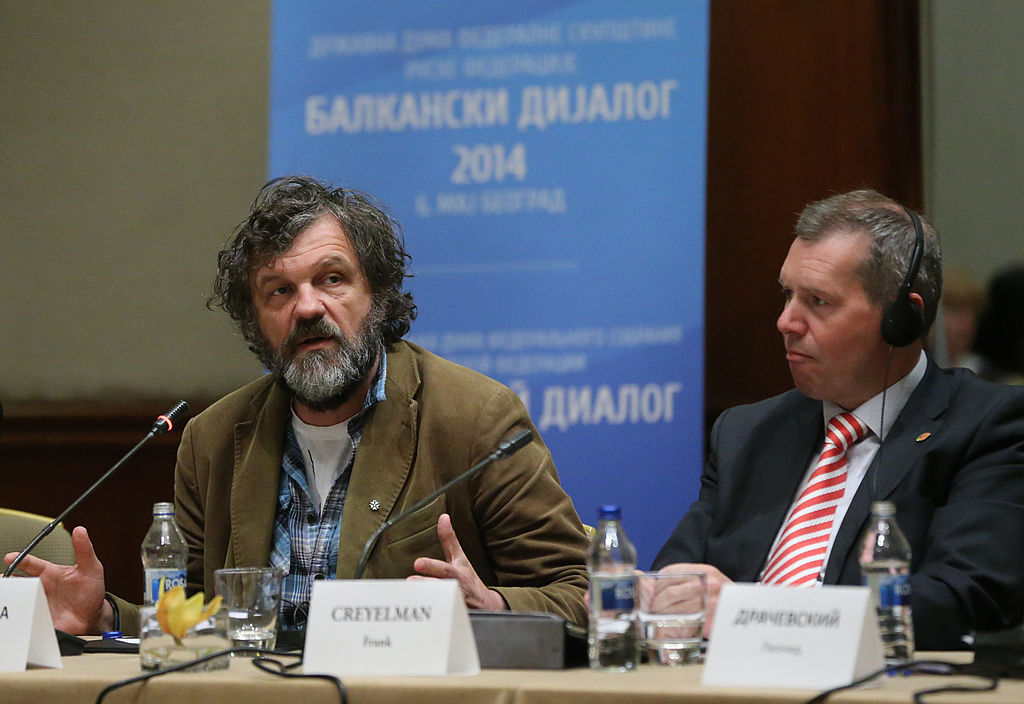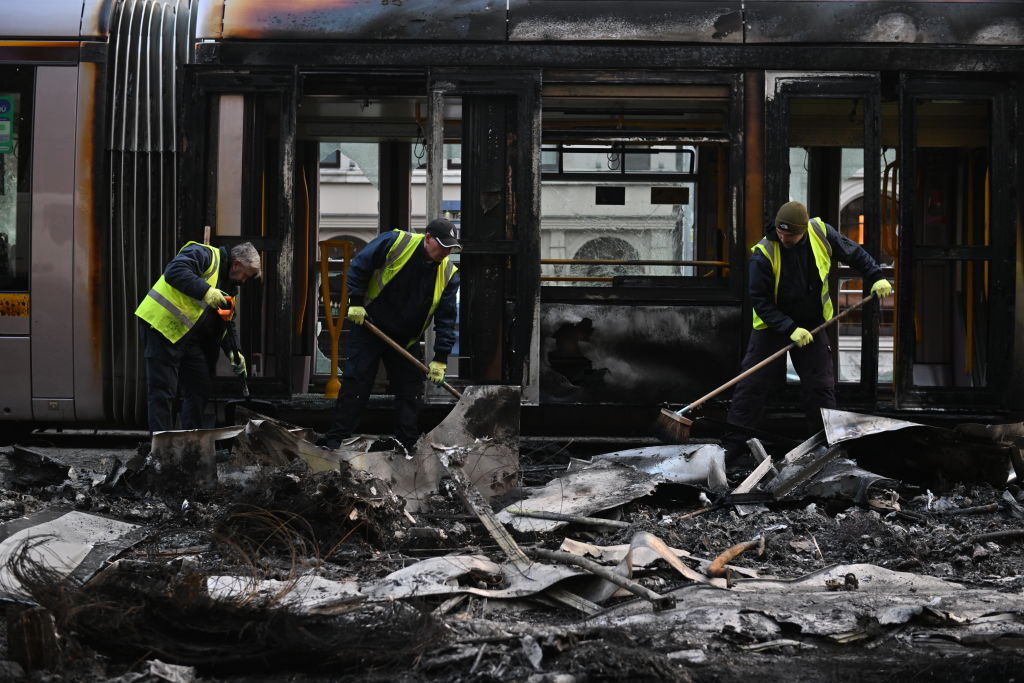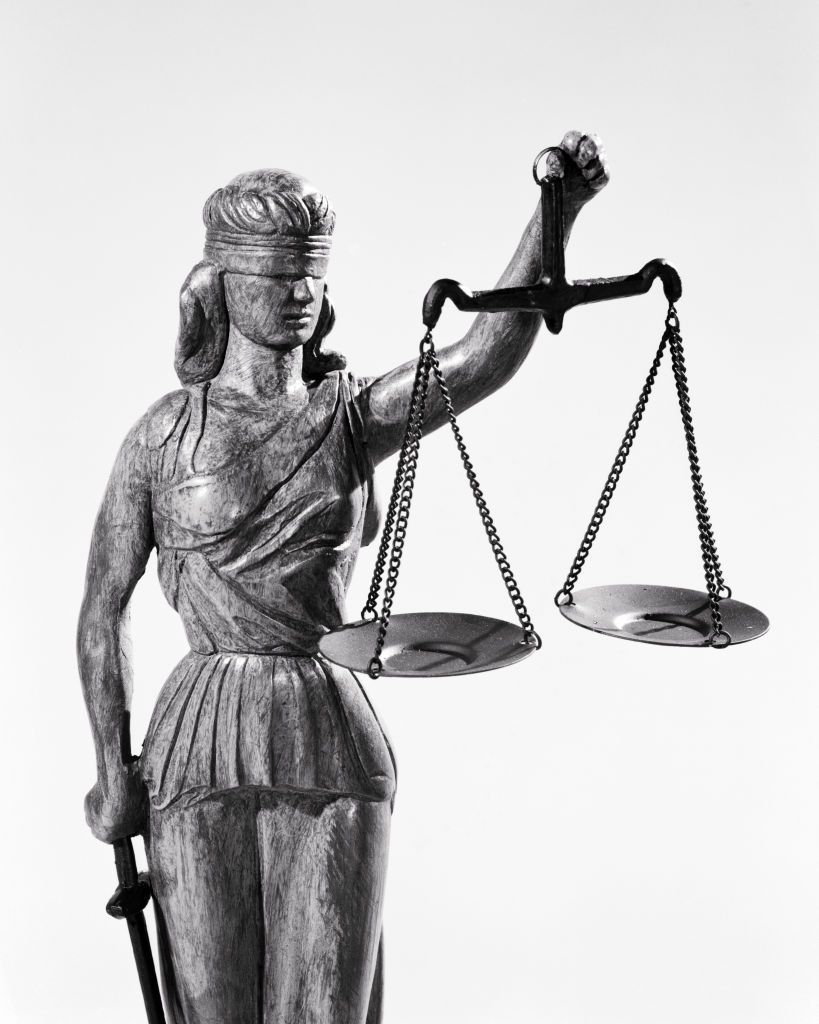Socialists in Belgium say they want to put a stop to “excessive” spending on social-media adverts by political parties.
The main operators of such are right-wing parties, who claim they do not get a “fair shot” on established platforms.
Melissa Depraetere, President of the Dutch-speaking Socialist party Vooruit, is proposing new legislation banning the use of social media for political ads.
Belgian political parties, who are well funded by government, employ such methods to reach the electorate more widely.
A new study published on January 15 shows that Belgium is something of an outlier in European spheres, though.
While the country is not yet in an election period, Vlaams Belang and NV-A spent the most money in the European Union on political advertisements, according to Belgian news outlet adlens. Both gave close to €1.7 million to Meta’s Facebook in 2023.
When looking at the top five in Europe, four are Belgian, including the Socialists.
Such numbers are “abnormal”, according to them. The Greens party called for a spending cap but Depraetere indicated she felt more needed to be done.
She apparently wants a full ban on paid ads on social media and seems to prefer that politicians only advertise via print, radio and television.
The Vooruit chief also claimed that social media platforms do not adhere to the same “standards of transparency and quality” as television and radio.
Social media platforms are accused of employing “shady” techniques and algorithms that could enable psychological manipulation and misinformation. “It is not justified that parties or politicians can buy such influence through such platforms,” the Socialists claimed.
Depraetere did admit her own party has invested heavily in political advertisements on social media.
“We are being hounded because everyone is doing it,” she said.
Both Vlaams Belang and N-VA, the big-spending parties, oppose the ban.
Lode Vereeck, a former academic and now a candidate to become an MP for Vlaams Belang, pointed out on X that social media was the main way for his party to circumvent the perceived under-representation of his group in “subsidised media”.
Despite his party having 18 per cent of the vote and leading in the polls, Vlaams Belang politicians only represent 4.9 per cent of the political guests on state media, it is claimed.
When they are allowed to appear, journalists are also encouraged to go on the offensive against the right-wingers, some say.
Vooruit wil politieke advertenties op sociale media verbieden?!
Sociale media enige manier om de ondervertegenwoordiging op de gesubsidieerde media te counteren.
Aandeel Vlaams Belang op VRT: 4,9%.#democratie #fairplay https://t.co/XmeLzLtjIC pic.twitter.com/NiIneQhPLb— Lode Vereeck (@vereeck) January 16, 2024
Vereeck’s party President Tom Van Grieken, who is “shadowbanned” on X and sees his comment pieces flat-out denied by virtually all legacy media, managed to claim on X that newspapers earn significant sums from political parties for their advertisements.
Charlotte Vandecruys-Gering, a spokeswoman for N-VA in the Belgian Parliament, noted that Depraetere herself has 20 “active” political ads running on social media.
That amounted to close to €50,000 for the past month alone, which makes her the biggest political spender in Belgium, according to experts.
Socialists in Belgium also fought tooth-and-nail to keep newspaper subsidies going as long as possible, observers say, subsidies that also happen to feed magazines of organisations with historical ties to their party.





